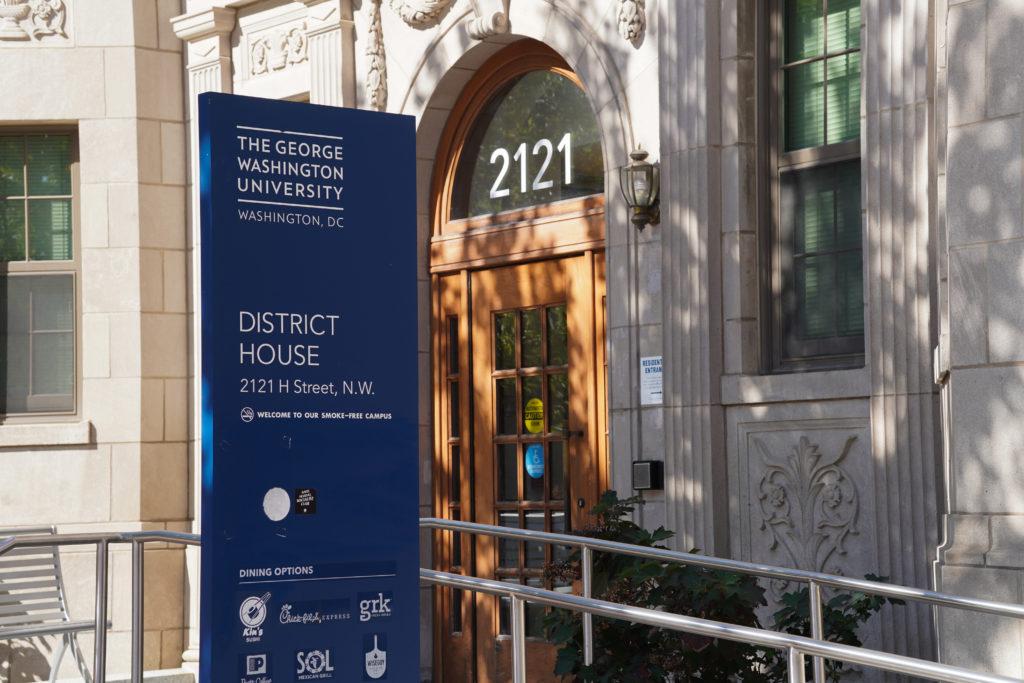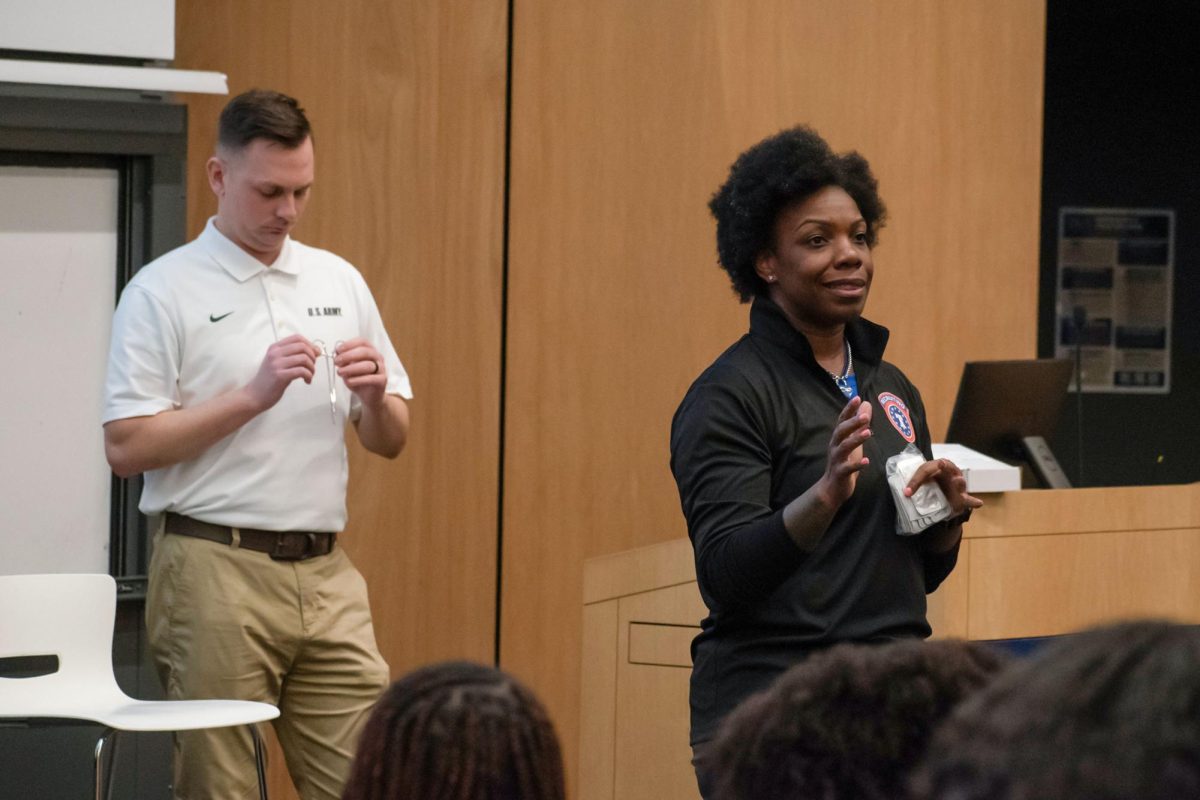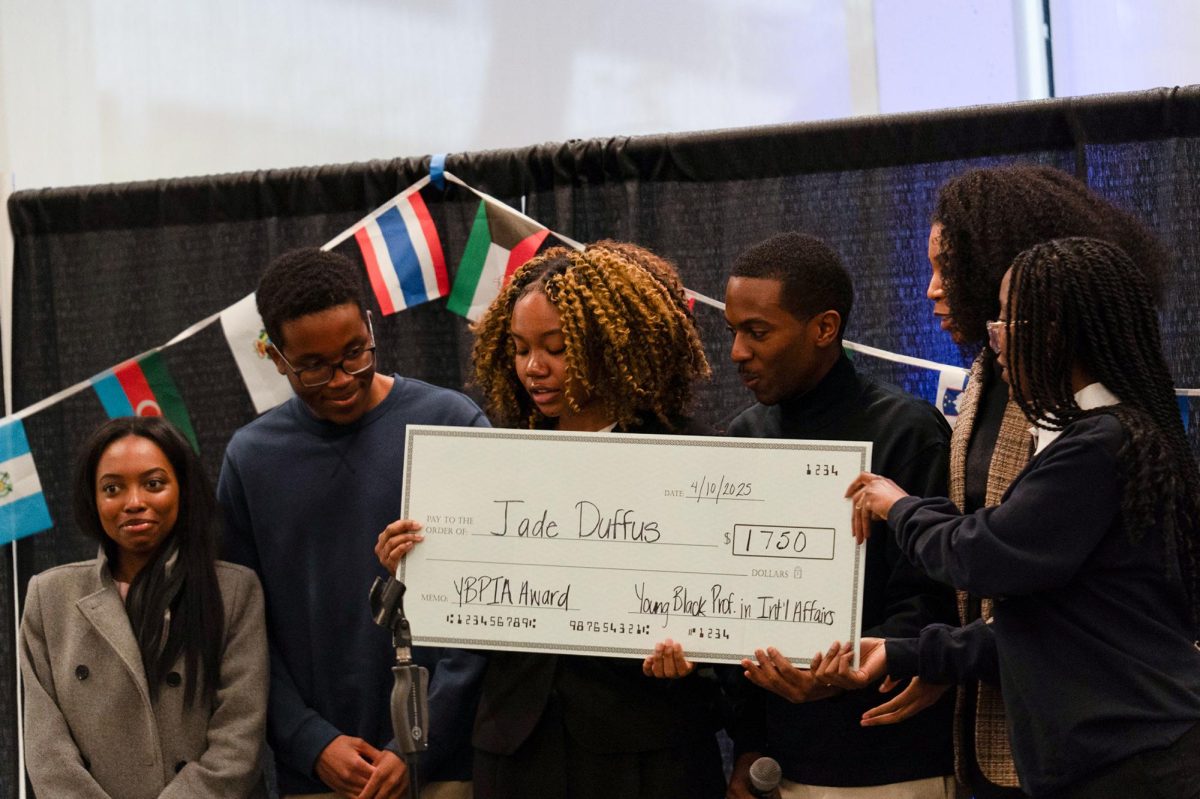Former resident advisers said officials should reverse their decision late last month to cancel the RA program if they don’t reinstate financial benefits previously offered through the program.
More than half a dozen students and former RAs who criticized the move said residents may not build the same trust with professional staff members who will move into buildings to handle student conflicts, and former RAs will lose their residential roles that came with free housing benefits. Former members of the program, which has been suspended during the COVID-19 pandemic, said officials should have consulted with them about the decision because they have been waiting to work as an RA again.
Officials said in the email that they plan to replace the RA program with non-student residential staff members who will handle issues in buildings and add 200 new student employment positions focused around residential life. Officials said they used years of feedback from exit interviews and focus groups with former RAs and consulted with the Residence Hall Association, area coordinators and community directors about residential life to inform their decision.
Former RAs who choose to live on campus in the fall will be automatically accepted in a transitions position if they apply – one of the new employment positions that will help students move in and out of residence halls – receiving $1,500 each semester, officials said.
Vice President for Student Affairs and Dean of Students Cissy Petty said professional staff members will serve as “the best resources” for taking action during emergencies like fires and for students struggling with personal issues. She said she’s surprised professional staff members have never served in buildings full time at GW before and all will have at least a master’s degree in student life or student affairs.
“There’s a role for us in student affairs to be that person when life is really hard and when things that you might not want to share with a peer about how hard it is,” Petty said in an interview last month. “Or look at the mental health and well-being issues that are going rampant right now, not just due to the pandemic but the isolation itself. And this has been a growing concern over a decade.”
Stewart Robinette, the assistant dean of students, said officials will assign at least one professional staff member to each building and two in the larger residence halls. He said officials are scouting candidates at a national convention called The Placement Exchange, which features nearly 100 universities and thousands of prospective employees, typically graduate students and “entry-level professionals.”
Robinette said the staff members will join the residence hall community so students can familiarize themselves and feel comfortable approaching them with any personal concerns.
“I am confident that the staff that we’re going to be able to bring in are going to be able to not be intimidating because the students will be able to get to know them, and the students will see that they truly care about their well being, and also again, being able to celebrate when things go great and being able to be there when they need a shoulder,” he said.
But senior Tyler Kusma, a former RA, said the programming assistant position won’t replicate prior relationships forged between student RAs and their residents.
“If they’re only limited to those events, they’re going to have a much weaker relationship with people, and it’s going to be a struggle to even get those initial relationships because I was able to form relationships with people who didn’t even show up to my events,” he said.
Kusma said community in residence halls could decline because officials are placing more of an emphasis on programming rather than more casual interactions students have in lounges or communal kitchens. He said professional residential staff won’t replicate the same living environment because they won’t share relatable experiences that RAs develop as college students themselves.
“The students will lose out by losing out completely on that peer mentorship role and also just having weaker results than we had before,” Kusma said. “It’s really just going to be bad for everyone that’s engaging that dorm experience at GW.”
A former RA, who requested anonymity for future employment reasons, said canceling the program will “hurt a lot of students” with free housing and consistent student support eliminated. He said the University should have reached an agreement about the program with RAs after the pandemic because some students have been waiting to work in the position for up to three semesters.
“It’s going to be detrimental to the college experience and to the living experience,” he said. “I don’t think it’ll work, just being that every college in America, at least from my knowledge, has RAs and when they don’t have RAs, something always goes wrong. I don’t think people are comfortable telling an adult or a 35-year-old their issues, so I think it’s a really bad decision.”
Fryda Cortes, a sophomore majoring in political science, said she disagrees with the decision because those in the new student employment positions won’t be able to connect with students in the same way as RAs while they manage other responsibilities. She said the hourly wage from work-study jobs will also fall short in making up for lost free housing.
“I was looking forward to meeting new students and then for the upcoming school year, I was hoping to be an RA for the first-gen community,” she said. “But now all of those things will never happen unfortunately. So I’m really disappointed, but you got to roll with the punches.”
Vita Fellig contributed reporting.










